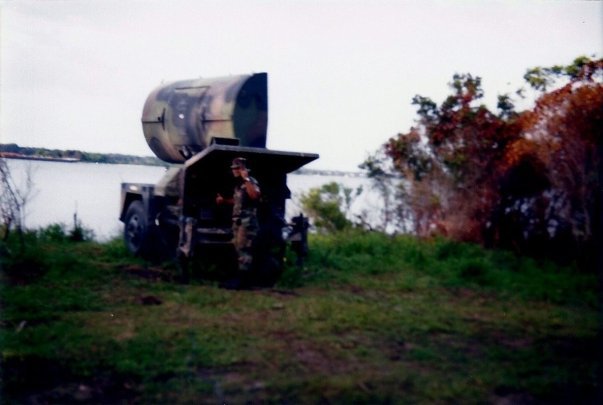Transitions are often interesting occasions in our lives which force us to confront the self on a critical level and evaluate our apparent trajectories. This is particularly true of military veterans, whose transitions home from military operations of all kinds can be jarring given the stark contrast of military procedures and civilian life. We're particularly grateful to speak with Travis Partington this week about some of his experiences as a Marine and his shift out of the military. How can civilians better welcome and support those making this journey? What do our preconceptions of those in the military suggest about our impressions of their times and perspectives? How do we collectively lose stories and insight in failing to ask about their experiences?
Episode 136: The Friend Zone
“Girls are not machines that you put kindness coins into until sex falls out.”
“I definitely think the idea of the friend zone is men going, ‘This woman won’t have sex with me.’”
“Sure, we were friends who exchanged soulful glances, friends who slept in a bed filled with sexual tension, friends who found any excuse to touch, but I worried that we’d never take that perilous leap of faith toward becoming a real couple, a permanent team.”
The interactions that comprise our world are built upon how we communicate with one another and what we expect of those around us. This is particularly evident in the phenomenon of "The Friend Zone," a state often lamented by those whose sexual or romantic desires are not reciprocated. But what does this expression of dissatisfaction say about our cultural teachings? This week we welcome Chandler Davis to discuss the concept and some of its problematic implications. Why is the term often used by men to describe their relationships with women? How does a reliance upon this belief diminish more nuanced and complex understandings of others? What are other cultural values attendant to a belief in the Friend Zone?
Episode 135: For Non-Gamers — DLC
Because of the ever-connected nature of the Internet, 21st century media has the opportunity to be dynamic, iterative and fluid in real-time. Posts on social media can be edited, collaborative documents can be edited by multiple parties simultaneously and even live-stream functions have incorporated comments from the viewing audience. The ubiquity of content iteration also carries over to the world of gaming. This week, we return to our “For Non-Gamers” series and welcome Tom Loughney to discuss downloadable content (DLC) in gaming. Because of modern connectivity, developers are able to add content (including missions, costumes and bug-fixes) to games after the fixed release date. How might consumers react if book chapters were released after a book was published? In what ways does DLC represent a chance for developers to extract as much profit as they can? Would a hard rule on the deadline of a media product produce more “complete” products without the safety net that DLC can provide?
Episode 134: Casting Technological Judgment
In various areas of our lives and spheres of our society, choice and freedom lead to diverse identities and communities. In the contexts of technology and brand identity, the choices we make can lead to very strong sentiments of allegiance and potential hostility towards those with different persuasions. History shows us various conflicts along these lines in the realms of religion, politics and geographic difference, but what about modern technological allegiances? This week, we welcome Jack Zellweger to discuss the phenomenon of “technological judgment”. How and why do we criticize those who use different software and hardware than us? In what ways to we internalize these arguments as statements on relative progress or stagnation? How might we better capitalize on these distinct communities to better appreciate different approaches to technology?














